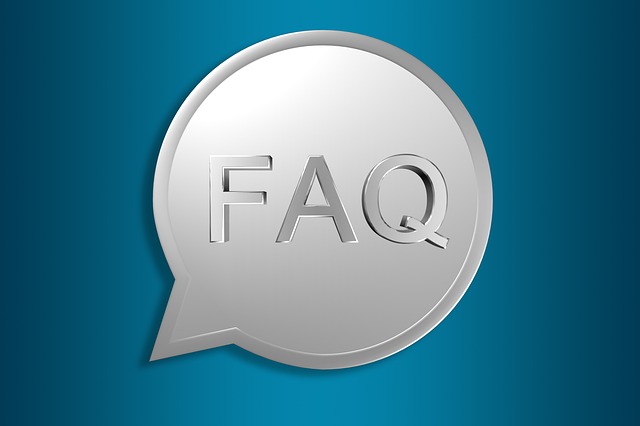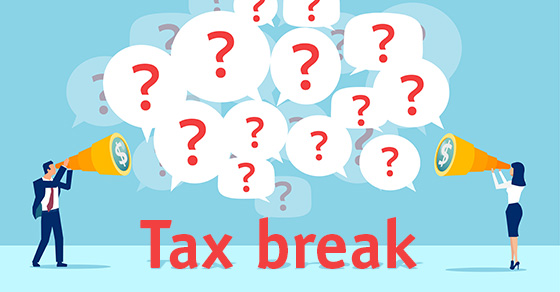Retirement Plan Distributions Relief Available to Individuals Under the CARES Act
To aid individuals during this time of economic uncertainty, the CARES Act has a few provisions that change some of the rules for retirement plan distribution rules, allowing qualified individuals access to their retirement funds. Below we have summarized what you need to know about retirement plan relief under the CARES Act.
CARES Act Overview: The Impact on Taxpayers and Businesses
The President signed the latest COVID-19 relief bill on March 27: The Coronavirus Aid, Relief, and Economic Security (CARES) Act. The bill brings with it several elements of relief for businesses, employees and families, in an effort to maintain livelihoods throughout the crisis and after. The expected cost of the bill is nearly $2 trillion and includes nearly $500 billion for in economic distress relief for businesses, states and municipalities.
IRS’ Employer COVID-19-Related Credits
The IRS has announced that employers required to provide emergency paid sick leave and emergency paid family and medical leave under the Families First Coronavirus Response Act (the Act) can begin taking advantage of two new refundable payroll tax credits. Equivalent credits are available to self-employed individuals based on similar circumstances.
Employer Resource Guide: FAQ – Adjustments to FMLA and Paid Sick Leave in Response to COVID-19
The COVID-19 virus has made fast, drastic changes to how we live and work. State-mandated business closures are creating challenges and generating many questions on how to preserve business continuity during this period. On March 18, 2020, President Trump signed the Families First Coronavirus Response Act (FFCRA), which takes effect on April 2. The bill expanded paid sick leave and unemployment benefits, impacting employees and employers, among other provisions.
SBA Providing Disaster Assistance Loans to Qualified Small Businesses
Qualified small businesses are now eligible for up to $2 million in Economic Injury Disaster Loans from the Small Business Administration (SBA) after President Trump called for an additional $50 billion in funding to the SBA’s lending program from Congress in response to COVID-19. While the SBA waits for the $50 billion to be approved, they can deliver an Economic Injury Disaster Loan declaration in response to the Coronavirus Preparedness and Response Supplemental Appropriations Act recently signed by the president.
Families First Coronavirus Response Act Provides Benefits and Tax Relief for Many
The Families First Coronavirus Response Act (FFCRA), passed by Congress and signed by President Trump on March 18, 2020, will become law 15 days after the signing. FFCRA provides benefits such as paid sick leave, free coronavirus testing, expanded food assistance and unemployment benefits, and requires that employers provide additional safeguards for health care workers. For many, it provides welcome support as employers and employees deal with the extraordinary effects of COVID-19 on the workforce and economy.
Be Informed and Involved in the Latest State Legislation for Section 179 Reform
Many of our clients have been impacted by Minnesota’s law which defers immediate write-off of federal Section 179 business assets. Now is the time to learn more about how upcoming state legislation may impact your business and groups that are advocating for reform.
Answers to your questions about 2020 individual tax limits
Right now, you may be more concerned about your 2019 tax bill than you are about your 2020 tax situation. That’s understandable because your 2019 individual tax return is due to be filed in less than three months.
Can you deduct charitable gifts on your tax return?
Many taxpayers make charitable gifts — because they’re generous and they want to save money on their federal tax bills. But with the tax law changes that went into effect a couple years ago and the many rules that apply to charitable deductions, you may no longer get a tax break for your generosity.
There still might be time to cut your tax bill with IRAs
If you’re getting ready to file your 2019 tax return, and your tax bill is higher than you’d like, there may still be an opportunity to lower it. If you qualify, you can make a deductible contribution to a traditional IRA right up until the Wednesday, April 15, 2020, filing date and benefit from the resulting tax savings on your 2019 return.
Look closely at your company’s concentration risks
The word “concentration” is usually associated with a strong ability to pay attention. Business owners are urged to concentrate when attempting to resolve the many challenges facing them. But the word has an alternate meaning in a business context as well — and a distinctly negative one at that.
5 ways to strengthen your business for the new year
The end of one year and the beginning of the next is a great opportunity for reflection and planning. You have 12 months to look back on and another 12 ahead to look forward to. Here are five ways to strengthen your business for the new year by doing a little of both:
4 new law changes that may affect your retirement plan
If you save for retirement with an IRA or other plan, you’ll be interested to know that Congress recently passed a law that makes significant modifications to these accounts. The SECURE Act, which was signed into law on December 20, 2019, made these four changes.
Do you have a side gig? Make sure you understand your tax obligations
The number of people engaged in the “gig” or sharing economy has grown in recent years. And there are tax consequences for the people who perform these jobs, such as providing car rides, renting spare rooms, delivering food and walking dogs. Generally, if you receive income from these gigs, it’s taxable. That’s true even if the income comes from a side job and if you don’t receive a 1099-MISC or 1099-K form reporting the money you made. You may need to make quarterly estimated tax payments because your income isn’t subject to withholding. Some or all of your business expenses may be deductible on your tax return, subject to the normal tax limitations and rules. Contact us to learn more.
What’s the right device policy for your company?
Device policies pertaining to smartphones and other technology tools are evolving. Loose “bring your own device” (BYOD) policies are giving way to stricter “choose your own device” (CYOD) or “corporate-owned, personally enabled” (COPE) policies. A CYOD policy lets employees buy a device for combined personal/work use from a company-approved list. Generally, the employee owns the device while the business owns the SIM card and any proprietary data. Under a COPE policy, the employer buys and owns the device, which is intended for business use. The cost is higher, but it comes with greater control. We can help you analyze the potential costs of a device policy and make the right choice.
















